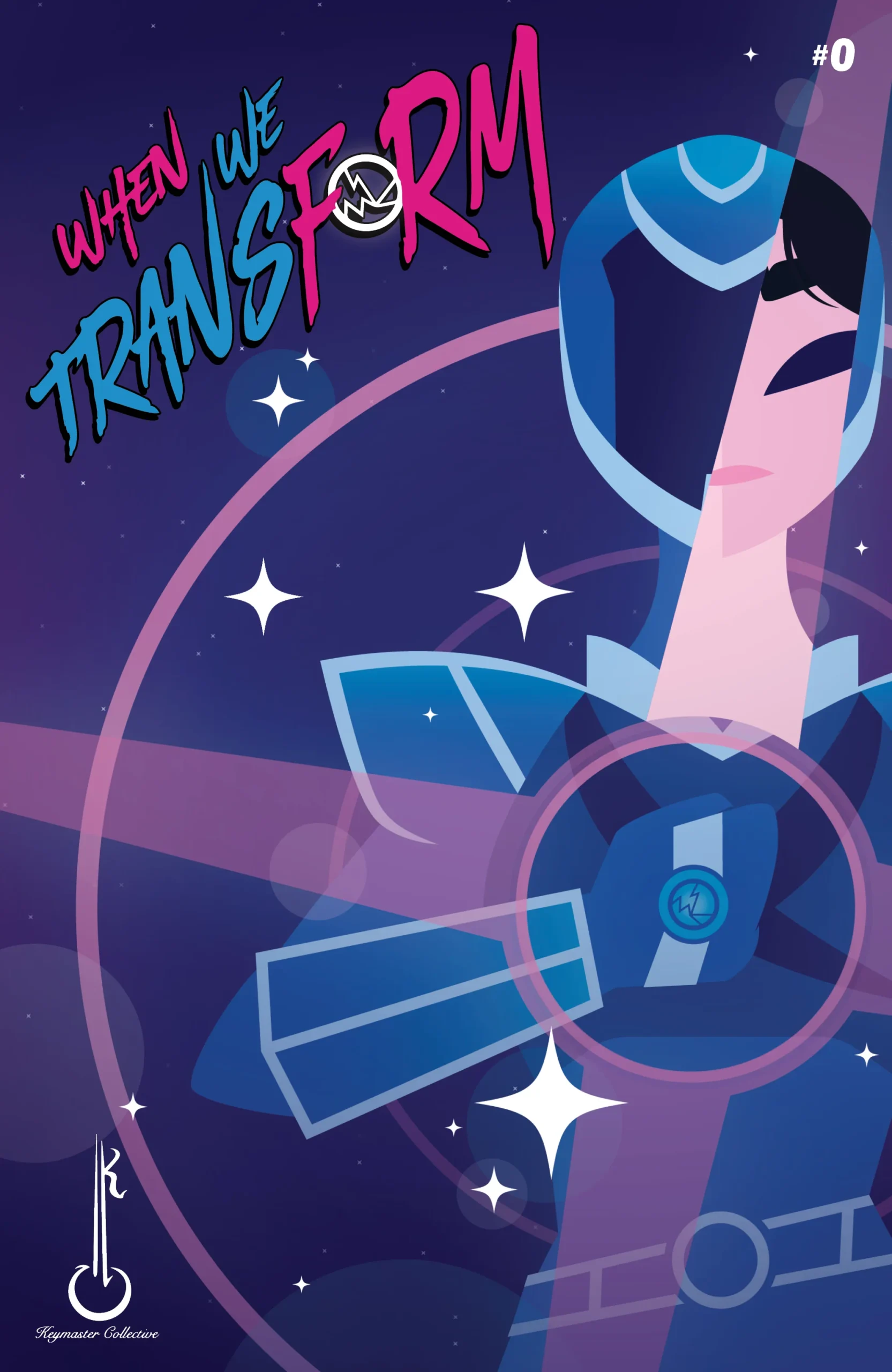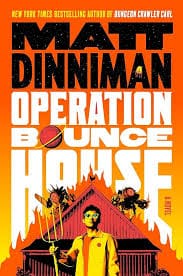Synopsis:
Tokusatsu and the Trans Experience!
Review:

The first rule of Light Patrol is you don’t talk about Light Patrol. But we’re going to talk about When We Transform, because it’s not every day you read a superhero transition story by way of the Tokusatsu genre.
I backed this comic on Kickstarter and the first issue – or #0 in the tradition of many 90s comics – offers a fantastic launching pad into a new world. A mother grieves her son, David, who disappeared under mysterious circumstances. Then we discover he actually joined The Light Patrol, a Power Rangers-style super team, and died.
Cryptic clues suggest this is a regular occurrence, and maybe joining a team of heroes with lots of gear and gadgets isn’t the best thing for your long-term health in this universe. It is a gateway to personal growth, and that’s the most fascinating aspect of this comic. In just a few pages, you’re hooked on the concept by writer and co-creator Tomi Trembath and the art by Gabriel Fassina.
David dies heroically in battle by pushing The Light Patrol’s mysterious alien tech to its limits, but that’s only where the story begins. David actually got stuck in a pocket dimension activated by the alien tech and then later returns as a woman.

Indie comic books endlessly offer new, unexpected stories, and a wonderful new example is this daring and moving take on the genre. If I have any quibble, it’s that things happen very fast in the first few pages, but as someone who has built big superhero universes from the ground up, you tend to keep your foot on the gas at first. The intrigue around David’s disappearance does resolve instantly though, and could have been developed a little more in the issue. That said, many great mysteries pop up all over the place thanks to some nimble and casual references that every great superhero comic deploys.
Another feature the comic exhibits from superhero stories is that a lot is going on. Time travel, transition, and world-building all unfold over a few pages. It’s a lot to digest, especially related almost entirely in flashback (or flash-forward), but it all keeps your attention. Dana as she is now known gets a beautiful and honest coming-out scene with her mother, who accepts her wholeheartedly. Unlike many superhero origin stories, where the parent is usually involved only via trauma, this dares to present acceptance and love as a starting place rather than tragedy.
Fassina’s art recalls manga in its large-eyed characters and dynamic lines but mostly sticks to a Western panel structure. The expressions and personal moments are very well realized, even if you want for a huge fight scene to break out. As origin stories go, it does the job, and leaves you wanting more.
The Kickstarter campaign is over, but this first installment along with new ones will be available in a forthcoming campaign it seems. I’ll be keeping an eye out!






Leave a Reply